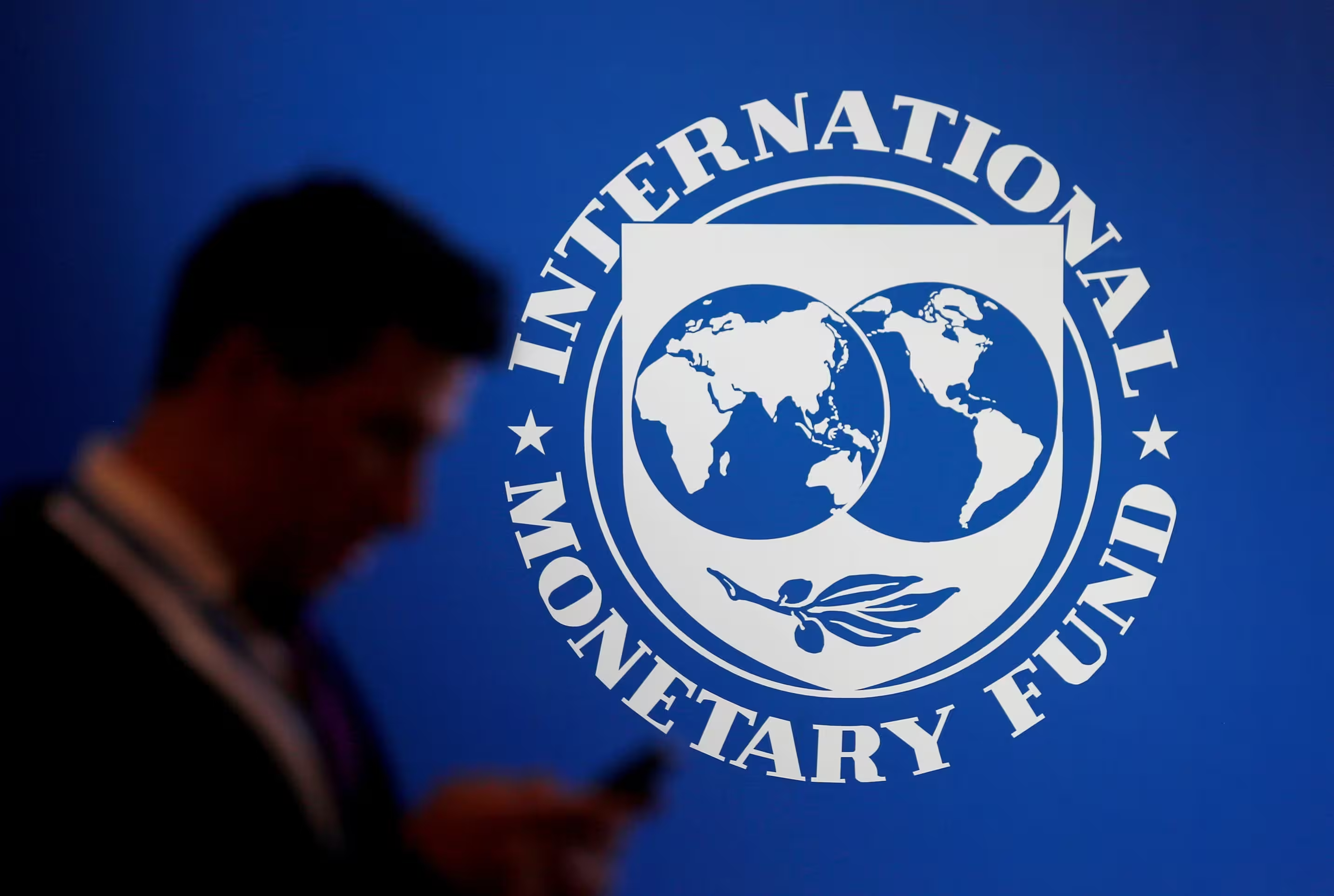Uzbekistan's energy reforms and inflation management strategies took center stage at a recent Caucasus and Central Asia (CCA) media roundtable hosted by the International Monetary Fund (IMF).
IMF Resident Representative Koba Gvenetadze and Thanos Arvanitis, IMF Deputy Director for the Middle East and Central Asia, discussed the key challenges and outlined the strategic approaches shaping both Uzbekistan's economic trajectory and the broader Central Asian region.

Gvenetadze emphasized the necessity of tariff reform in Uzbekistan, citing the significant burden of energy subsidies, which have historically been high across Central Asia.
“Subsidies, when not targeted, promote inefficient resource utilization, spilling over into other sectors of the economy,” he explained.
Uzbekistan began raising tariffs for businesses in 2023, followed by utility price hikes for the general population. These measures, according to Gvenetadze, are crucial for the country’s economic future, especially in light of the recent annual inflation rate of 10.1% as of the most recent data.
“The Central Bank of Uzbekistan must maintain tight monetary policies to address inflation,” he continued. “This includes keeping fiscal policies in check and pushing forward with structural reforms to reduce inflationary pressures.”
Gvenetadze projected that Uzbekistan’s inflation could decrease to around 8% by the end of 2025, with further reduction by 2027 if these policies are sustained.

On the broader regional impact of global economic shifts, Arvanitis addressed the indirect effects of geopolitical tensions and global financial volatility on Central Asia. While the non-oil exports to the US from the Caucasus and Central Asia are minimal, Arvanitis warned of potential consequences through three main channels: economic slowdown in major trading partners, financial market instability, and commodity price fluctuations.
“The decline in oil prices could benefit oil-importing countries but hurt exporters,” Arvanitis noted. “On the other hand, high gold prices could benefit producers like Uzbekistan. It’s crucial to assess these indirect impacts when evaluating the region’s economic resilience.”
Arvanitis also discussed the potential of the Middle Corridor to foster sustainable growth in Central Asia. The corridor, connecting the region to Europe and China, could facilitate trade diversification, enhance regional integration, and support economic development.

“For the Middle Corridor to be successful, there must be strong regional cooperation and international financing,” he stated. “Regulatory harmonization and infrastructure development are key to maximizing its potential.”
Both IMF representatives agreed that comprehensive regulatory frameworks are critical to Uzbekistan’s economic modernization. Gvenetadze highlighted the importance of having a dedicated energy regulator, especially for electricity tariffs.
"Once the regulator starts working in 2026-2027, there will be more transparency on pricing and investment needs in the energy sector," he said.
He also recommended gradually reducing the state’s role in the economy to enhance market efficiency.
"State enterprises must focus on profitability and market conditions to better adapt to changes," Gvenetadze stated. "This gradual shift will make the economy more competitive and responsive to market forces."
Follow Daryo's official Instagram and Twitter pages to keep current on world news.
Comments (0)